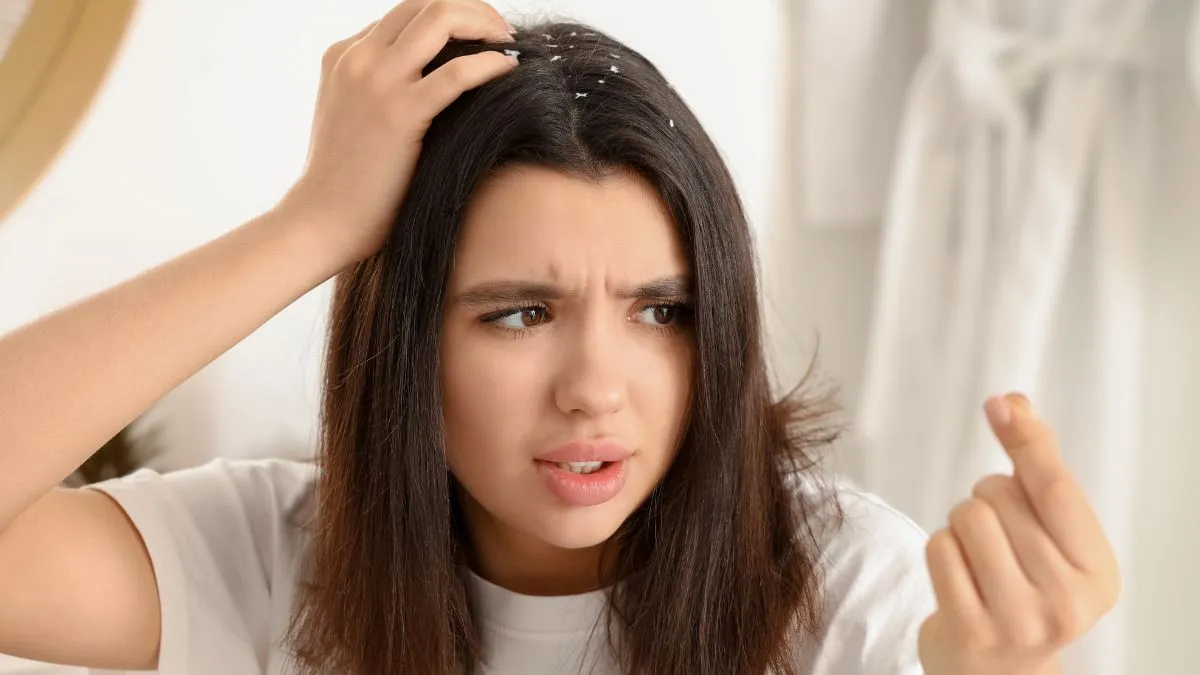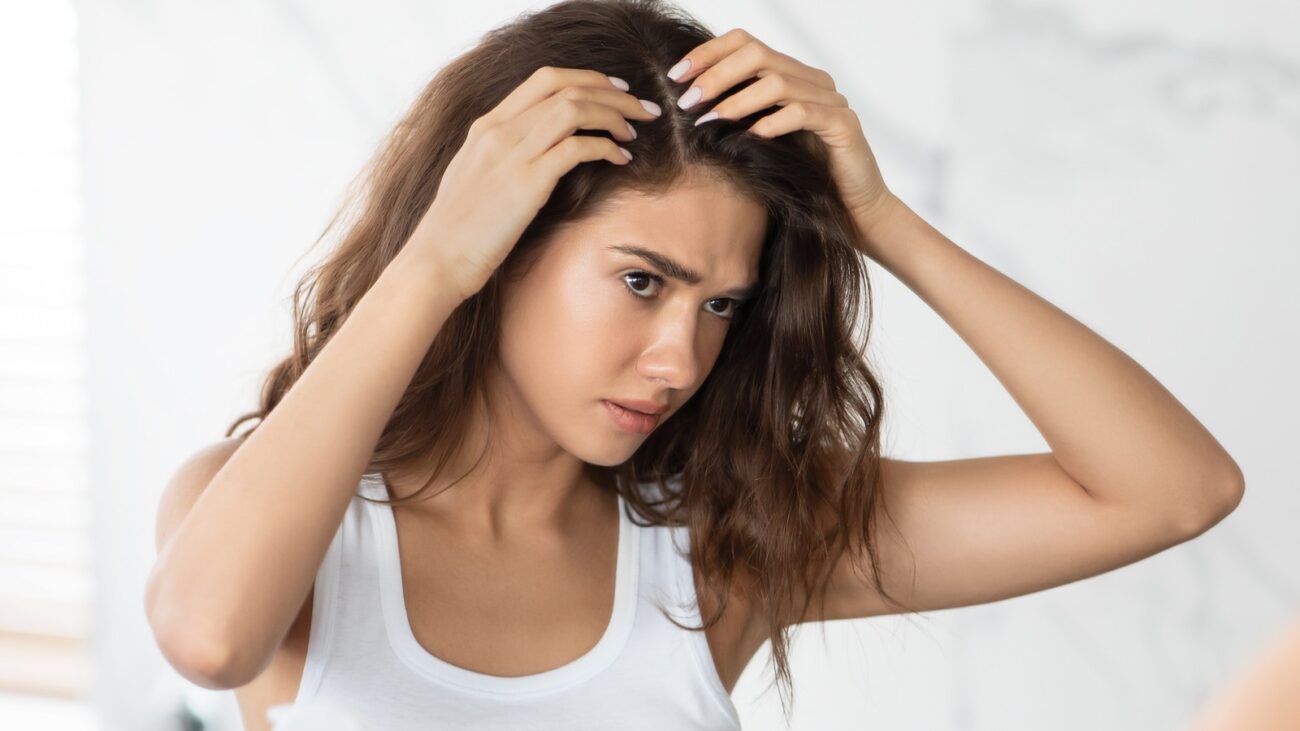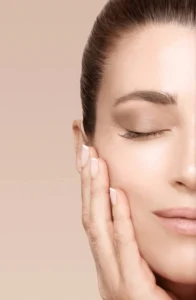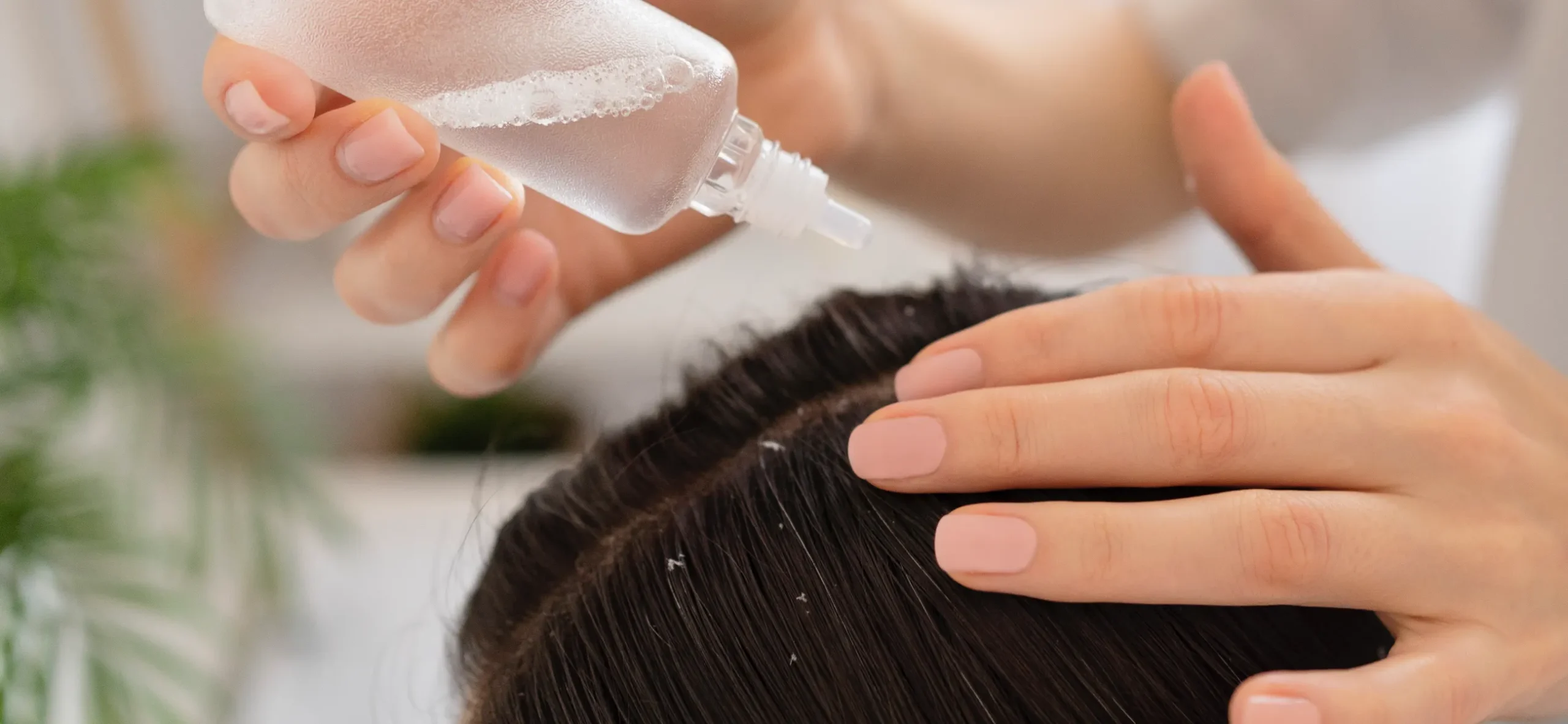Dandruff is a common scalp condition that affects millions worldwide, characterized by flaking and often accompanied by itchiness and irritation. While it is not a serious medical concern, dandruff can be persistent and embarrassing, impacting self-confidence. Fortunately, various effective treatments are available to address the issue and maintain a healthy scalp. This article explores the causes, treatments, and preventive measures for dandruff in detail.
Understanding Dandruff
Dandruff occurs when the scalp sheds excessive amounts of dead skin. The condition is often caused by:
- Seborrheic Dermatitis: A chronic form of eczema affecting areas rich in oil-producing glands, including the scalp.
- Malassezia Fungus: An overgrowth of this yeast, which naturally resides on the scalp, can lead to dandruff.
- Dry Scalp: A lack of moisture can cause flaking and itching.
- Product Buildup: Residue from hair products can irritate the scalp and contribute to dandruff.
- Other Factors: Hormonal changes, stress, poor diet, and certain medical conditions can exacerbate dandruff.

Effective Treatments for Dandruff
1. Medicated Shampoos
Over-the-counter (OTC) and prescription shampoos are among the most effective treatments for dandruff. Key active ingredients include:
- Zinc Pyrithione: Reduces fungal growth and soothes irritation.
- Ketoconazole: A powerful antifungal agent that targets Malassezia.
- Selenium Sulfide: Controls flaking and slows skin cell turnover.
- Salicylic Acid: Exfoliates the scalp to remove dead skin.
- Coal Tar: Slows down the shedding of skin cells.
Usage Tip: Use medicated shampoos 2-3 times a week, leaving them on the scalp for 3-5 minutes before rinsing thoroughly.
2. Scalp Treatments
In addition to shampoos, topical treatments can help manage dandruff effectively:
- Scalp Serums: Containing ingredients like tea tree oil and niacinamide, these reduce inflammation and irritation.
- Leave-In Conditioners: Hydrating formulas can alleviate dryness and prevent flakes.
3. Natural Remedies
For those who prefer holistic solutions, natural remedies can provide relief:
- Tea Tree Oil: Known for its antifungal and antibacterial properties, it can be diluted with a carrier oil and massaged into the scalp.
- Aloe Vera: Soothes irritation and hydrates the scalp, reducing flakiness.
- Apple Cider Vinegar (ACV): Balances scalp pH and has antifungal properties. Dilute ACV with water and use it as a rinse.
- Coconut Oil: Moisturizes the scalp and has mild antifungal effects.
- Baking Soda: Acts as a gentle exfoliant to remove dead skin and control fungal growth.
4. Dietary Changes
A balanced diet supports scalp health. Include:
- Omega-3 Fatty Acids: Found in fish, flaxseeds, and walnuts, they combat dryness and inflammation.
- Zinc: Present in shellfish, nuts, and whole grains, zinc helps control dandruff.
- Vitamin B Complex: Supports healthy skin and scalp, found in eggs, dairy, and leafy greens.
- Hydration: Drinking plenty of water prevents scalp dryness.
5. Lifestyle Modifications
- Stress Management: High stress can worsen dandruff. Practice relaxation techniques like yoga and meditation.
- Proper Hair Care: Regularly wash hair to remove oil and buildup without over-washing, which can dry the scalp.
- Avoid Harsh Products: Use mild shampoos and avoid excessive use of hair sprays and gels.

Advanced Medical Treatments
For severe or persistent dandruff, consult a dermatologist who may recommend:
- Prescription Shampoos: Stronger formulations of ketoconazole or ciclopirox.
- Steroid Solutions: Reduce inflammation in cases of severe seborrheic dermatitis.
- Phototherapy: UV light therapy can help control dandruff in extreme cases.
Preventive Measures
- Maintain Scalp Hygiene: Wash hair regularly with a suitable shampoo.
- Exfoliate the Scalp: Use scalp scrubs once a week to prevent buildup.
- Use Moisturizing Products: Prevent dryness by using hydrating hair care products.
- Protect the Scalp: Cover your head in extreme weather conditions to avoid dryness or oiliness.
- Avoid Sharing Personal Items: Sharing combs, brushes, or hats can spread fungi and bacteria.

Myths About Dandruff
- Dandruff is Contagious: Dandruff is not infectious and cannot spread from person to person.
- Only Dirty Scalps Get Dandruff: Even clean scalps can develop dandruff due to underlying causes like fungus or dryness.
- Oiling the Hair Treats Dandruff: While oils can moisturize the scalp, excessive use may worsen dandruff by feeding fungal growth.
When to Seek Professional Help
If dandruff persists despite home treatments or is accompanied by severe itching, redness, or hair loss, seek medical advice. These could indicate:
- Psoriasis
- Eczema
- Fungal infections
- Allergic reactions
Early diagnosis and treatment ensure better outcomes.
Conclusion
Dandruff is a manageable condition with the right approach. Whether you prefer medicated shampoos, natural remedies, or a combination of treatments, consistency is key. By addressing underlying causes and following preventive measures, you can achieve a healthy, flake-free scalp and regain your confidence. Remember, if your dandruff proves resistant to standard treatments, a dermatologist can provide tailored solutions for lasting relief.













One thought on “Dandruff Treatment: Comprehensive Solutions for a Flake-Free Scalp”